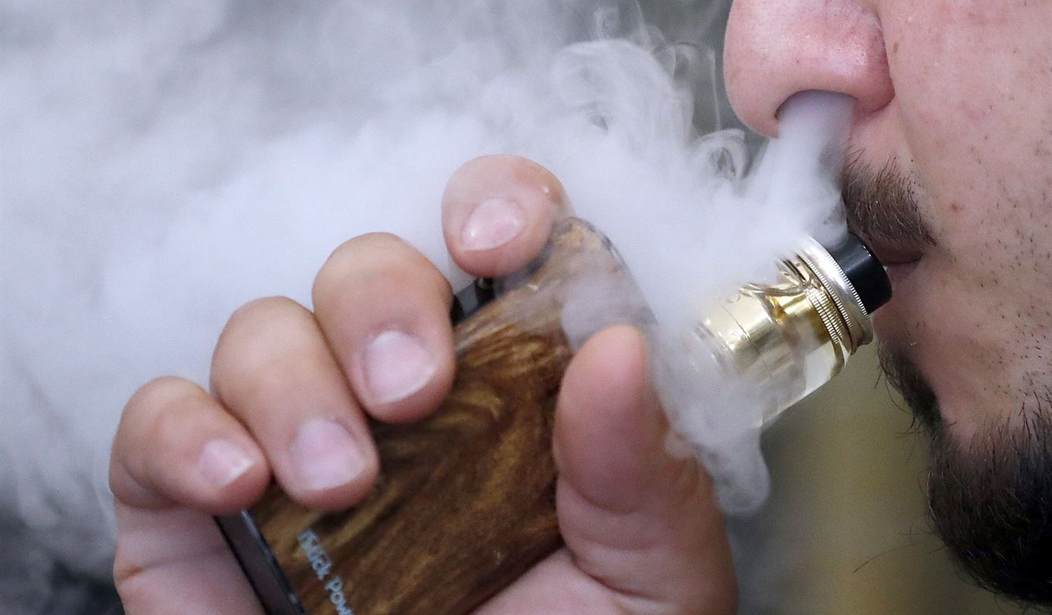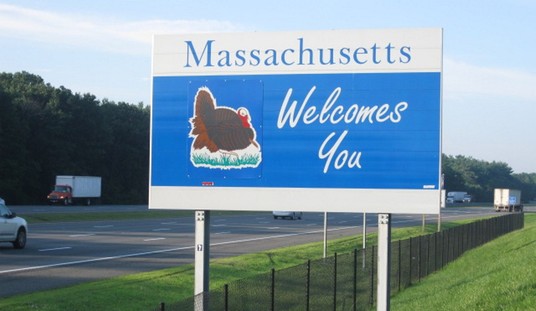A new study further highlights the fact that when government tries to solve a problem, it only makes it worse. As Americans continue grappling with the health effects of smoking, alternative nicotine delivery systems like vapes and e-cigarettes have been touted as a successful way to help people stop smoking tobacco.
However, many states and cities have passed laws and ordinances to restrict the sale of flavored electronic nicotine delivery systems. Proponents of these measures argue that companies selling these products are trying to appeal to younger demographics, specifically, underaged children. However, a study conducted by the Department of Health Policy & Management at the Yale School of Public Health shows that these government restrictions are doing far more harm than good.
Over 375 US localities and 7 states have adopted permanent restrictions on sales of flavored electronic nicotine delivery systems (“ENDS”). These policies’ effects on combustible cigarette use (“smoking”), a more lethal habit, remain unclear.
Matching new flavor policy data to retail sales data, we find a tradeoff of 15 additional cigarettes for every 1 less 0.7 mL ENDS pod sold due to ENDS flavor restrictions. Further, cigarette sales increase even among brands disproportionately used by underage youth. Thus, any public health benefits of reducing ENDS use via flavor restrictions may be offset by public health costs from increased cigarette sales.
The study looked at retail sales data from 44 states and uncovered a disturbing trend. It found that the imposition of restrictions on ENDS flavors resulted in a sharp increase in cigarette purchases. The trend was the same across various cigarette product age profiles – even those popular among the youth.
Researchers found that preventing adults from purchasing flavored vape products just exacerbates the issue of smoking. To put it simply, people are reverting to cigarettes because the government is denying them an alternative, meaning that it is undermining public health.
The findings of the study underscore a critical reality that those who support government intervention tend to miss: When the state regulates personal choices, especially when it comes to substances people willingly consume, the outcome is typically detrimental. It is also ironic that the Food and Drug Administration, which funded the study, refuses to approve vaping products in flavors other than tobacco.
Restrictions on flavored vapes results in an “inequitable tradeoff” that disproportionately affects the 11.2 percent of American adults who smoke. In essence, these restrictions will likely cause far more deaths than it could ever hope to prevent.
In California, the government instituted a “sin tax” on alcohol, cigarettes, and gasoline. As RedState’s Jennifer Van Laar reported, the result was less tax revenue for the Golden State.
Advocates argued that the revenue loss would be offset by savings to Medi-Cal, because people would quit using tobacco and wouldn't have as many tobacco-related healthcare costs. There are a few problems with that line of thinking. First, it assumes that people will stop using tobacco altogether because they can't get these flavored tobacco products. There's voluminous data suggesting that isn't the case, since people will either buy it on the black market or they'll switch to other, non-banned items. Second, it assumes that all of the people who use it and will quit are on Medi-Cal right now and that they are currently being treated for tobcaco-related medical issues that place a certain cost on the system. And, it assumes that the Medi-Cal savings will be realized almost immediately. Those are a lot of assumptions, and there's no data to justify them.
In another article Van Laar also pointed to how these restrictions also resulted in a sharp decrease in funding for the state’s early childhood programs.
The bottom line is that the government’s role should be to protect our rights, not use the threat of arrest or fines to dictate how we live. When the state meddles in people’s personal behavior, the result is always disastrous. In this case, more people might lose their lives because government officials think it is their place to decide what people can and cannot consume.
Unfortunately, the ramifications of what this study exposed will likely fall on the deaf ears of politicians and bureaucrats who think they know better than the rest of us, meaning they will continue to keep these laws in place despite how they negatively impact those affected.
Check out my recent interview with Doni Anthony on this very issue:














Join the conversation as a VIP Member